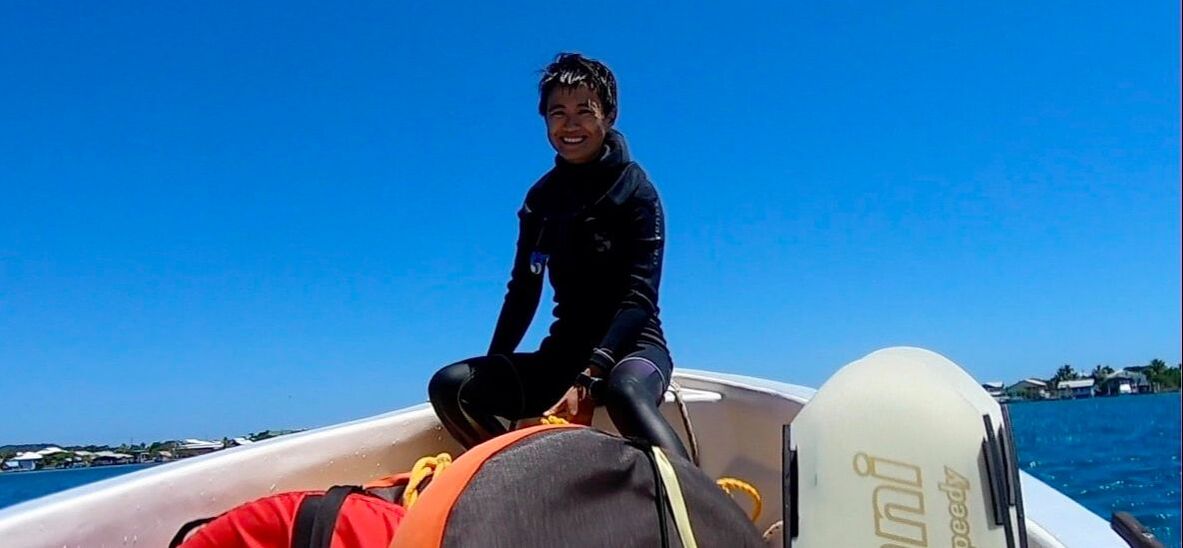Freediving as Therapy
I started freediving in 2017 and competing (for the fun of it) in 2018 and 2019. I wrote about the therapeutic effects of freediving and how it teaches you to reclaim your body, mindfulness and staying in the present, how to relax and to contain panic, and self-compassion.
One of my favorite parts of freediving is equalization. I believe that learning more than one equalization technique can help one understand and enjoy freediving more. I do not think that the Frenzel technique is the best or only way a beginner should equalize. Instead, I believe in letting the beginner intuitively explore what comes more naturally - whether Valsalva, Frenzel, Handsfree or Mouthfill. I came to this conclusion after I struggled many months with learning to Frenzel but self-taught myself hands-free equalization. The first experience in the water for the beginner should be of curiosity and enjoyment instead of struggling with oneself or with the water. Once this joy and ease is found in the water, one can easily begin to learn methods initially more challenging to one.
Freediving should meet you where you are, instead of forcing you to become someone you are not.
Hence, learning is approached on one's own terms. I recently became certified as an Apnea Total Freediving Instructor in 2020. I wish to bring freediving to more people, particularly those who think they cannot freedive because they are not so good with their minds, emotions, or bodies. Freediving gave me a new relationship with my body: It taught me to love and trust my body, and that I am much more capable than I think I am. The Apnea Total System does not have any depth requirements for the Freediver or Advanced courses. It's catered to what the student wishes to achieve or experience and structured to give students success at every stage.
This it the breath-holding and underwater experience that I wish to give to you.
